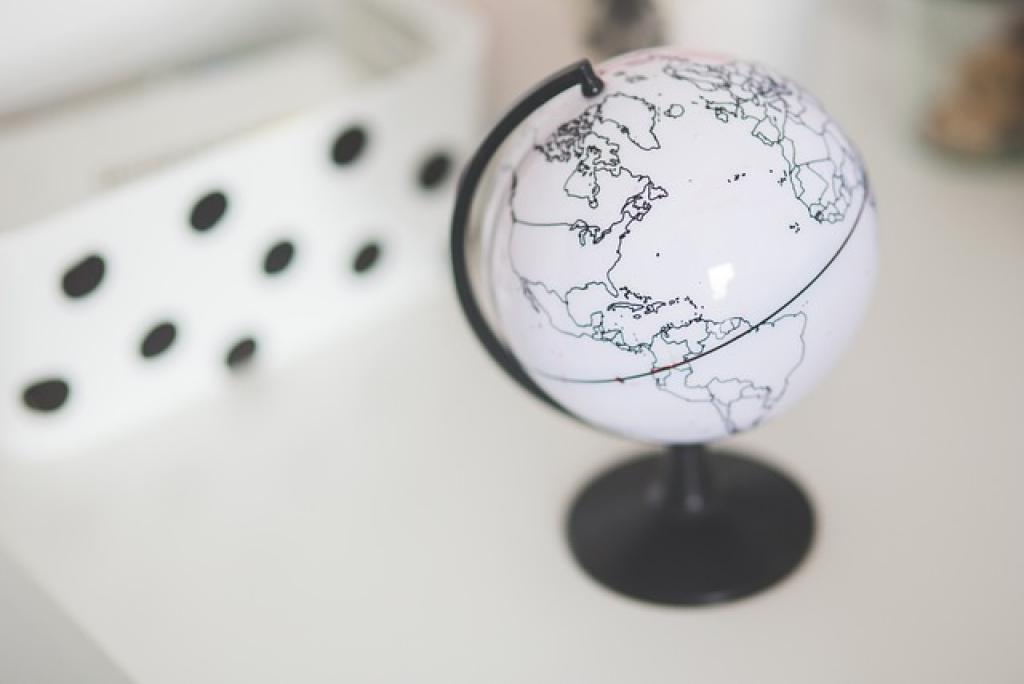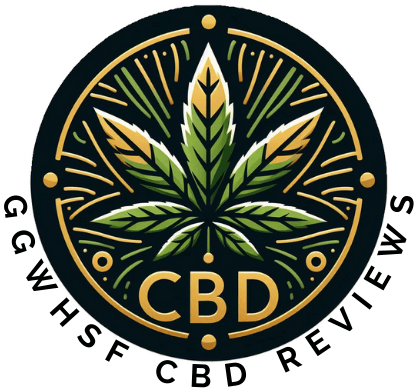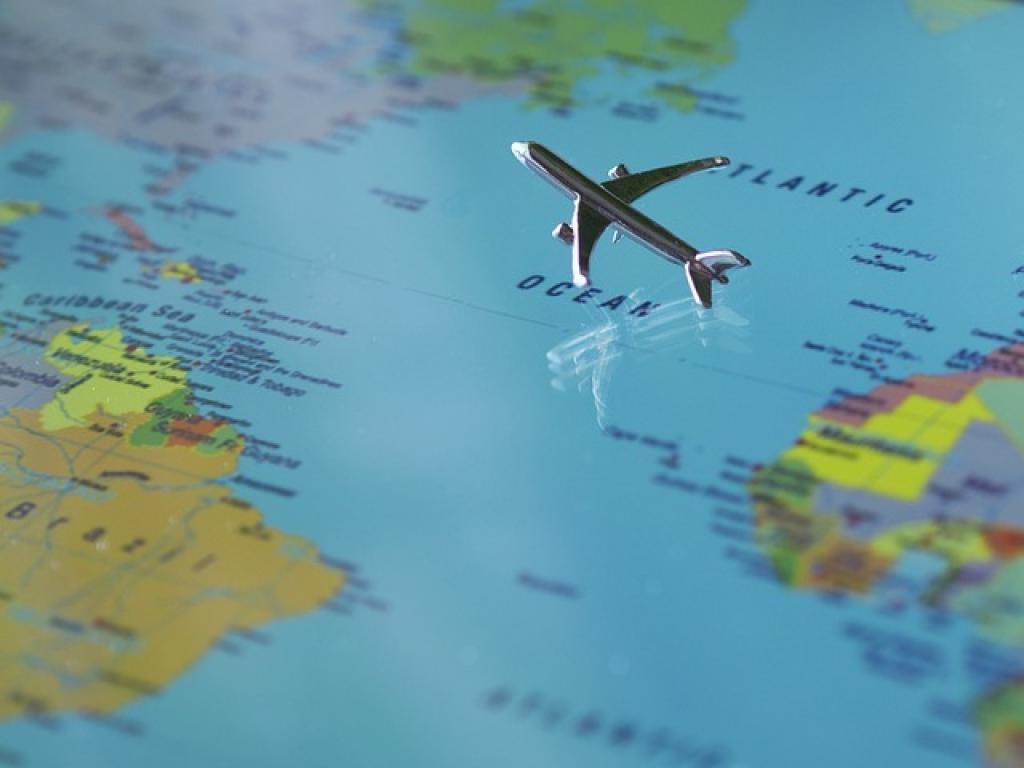CBD, or cannabidiol, has taken the world by storm with its potential health benefits and therapeutic uses. But navigating the legal landscape can be tricky, especially when crossing borders.
Globally, CBD laws vary as widely as the cultures and languages we celebrate. Some countries embrace CBD with open arms, while others enforce strict regulations that can leave travelers in a legal pickle.
Understanding these differences is crucial whether you use CBD for wellness, medical needs, or simply curious. No one wants their travels to be interrupted by misunderstandings at customs!
Ready to make sure you’re on the right side of the law? Let’s dive into the intricacies of international CBD regulations, so you can carry on with confidence and peace of mind.
Understanding the Legal Status of CBD Across Countries
Navigating the legal environment of CBD can be like venturing through a labyrinth with many unexpected twists and turns. Each country has its own stance, influenced by local culture, politics, and public health perspectives.
Europe: A Patchwork of Regulations
In Europe, CBD laws can be perplexing. Countries like the UK and Germany have relaxed regulations, allowing the sale of CBD products with low THC content. However, places like Slovakia still deem CBD illegal. Before traveling or purchasing CBD in Europe, it’s crucial to research the specific laws of each country.
North America: Progressive Yet Varied
The United States offers a mix of state-specific regulations despite federally legalizing industrial hemp and CBD products containing less than 0.3% THC. Canada, on the other hand, has fully embraced CBD and cannabis products since 2018, making it much easier to navigate.
Asia and the Middle East present even more varied stances. In Japan, CBD is legal, but THC is a big no-no. Meanwhile, countries like Singapore and Saudi Arabia have stringent anti-cannabis laws that encompass CBD.
Staying informed and staying safe can be simple if you understand the local rules. So, do your homework before packing your CBD or purchasing abroad. Knowledge is your best travel companion!
Key Regulatory Bodies Influencing CBD Laws
When it comes to shaping CBD regulations, several key players hold significant influence.
In the United States, the Food and Drug Administration (FDA) is pivotal. The FDA is responsible for ensuring that CBD products are safe for consumer use, often issuing guidelines and warnings about unverified health claims. They’ve even approved an epilepsy medication containing CBD, highlighting its potential medical importance.
Across the pond in Europe, the European Food Safety Authority (EFSA) plays a similar role. They provide scientific advice to guide member states in regulating CBD products, particularly focusing on food and dietary supplements.
The World Health Organization (WHO) also has a global impact by conducting research and offering recommendations on the safety and efficacy of CBD. This can steer national health policies and influence international consensus on CBD’s legal status.
Lastly, local governments are crucial. Each country or state’s health departments and regulatory agencies have the final say in how CBD is treated, often basing their decisions on advice from the aforementioned organizations but tailoring regulations to fit local contexts.
Knowing which bodies are in charge helps in understanding and anticipating changes in CBD laws, empowering us to stay a step ahead in this ever-evolving landscape.
Import and Export Considerations for CBD Products
Navigating the import and export of CBD products can be tricky, given the patchwork of regulations across different countries.
First off, it’s crucial to know the specific laws in both the exporting and importing countries. Some countries have stringent restrictions on CBD, while others may be more lenient. Ignorance is not bliss here; incorrect handling can lead to legal problems or seizure of your goods.
Quality control is another critical aspect. Many countries require CBD products to meet specific safety and quality standards. This includes testing for contaminants and ensuring the THC content remains within legal limits. Documentation proving compliance with these standards is often needed for customs clearance.
Labeling and packaging also play significant roles. Labels must usually clearly state the CBD content, ingredients, and other relevant information. Failure to comply with labeling laws can result in delays or even refusal of entry.
Additionally, you might face financial considerations like tariffs, duties, and taxes. These costs can vary widely depending on the destination and origin countries.
Lastly, working with a legal expert or consultant familiar with international trade laws is highly advisable. They can help you navigate the labyrinth of regulations and ensure a smoother process for getting your CBD products across borders.
Consumer Protection and Labeling Requirements
Ensuring consumer protection and meeting labeling requirements are crucial for any CBD business. These measures not only build trust but also keep you compliant with legal standards.
First, labeling must be accurate and transparent. This means listing all ingredients, including the exact amount of CBD and any THC content. Consumers have the right to know precisely what they are putting into their bodies.
Equally, labels should include any potential allergens and usage warnings. Clear instructions on how to use the product, whether it’s an oil, edible, or topical, are also essential. Misleading or vague information can result in consumer harm and legal repercussions.
It’s also a good idea to include a batch or lot number. This aids in traceability, making it easier to address recalls or identify the source of any issues. Including a ‘best by’ date can also help maintain product quality and safety.
Additionally, third-party lab testing results should be accessible to consumers. Many companies include QR codes on their labels that link to detailed lab reports. This transparency proves that your products are free from harmful substances and contain the advertised amount of CBD.
Finally, make sure your labeling complies with local and international regulations. Different regions have unique requirements, and staying updated on these can help you avoid fines and legal issues. Consulting with a regulatory expert can ensure that all your bases are covered.

The Role of International Treaties in CBD Legislation
International treaties play a significant role in shaping CBD legislation across the globe. These agreements influence national drug policies and how countries regulate cannabis and its derivatives, including CBD.
One of the key treaties is the United Nations Single Convention on Narcotic Drugs of 1961. This treaty classifies cannabis as a controlled substance, which has had long-lasting effects on its global legal status. However, it doesn’t specifically mention CBD, leading to varying interpretations and regulations.
In December 2020, the United Nations Commission on Narcotic Drugs (CND) made a landmark decision by reclassifying cannabis, removing it from the strictest control category. This move acknowledged the therapeutic potential of cannabis, including CBD, and encouraged countries to reconsider their regulatory approaches.
Meanwhile, the World Health Organization (WHO) has conducted reviews and acknowledged that pure CBD shouldn’t be classified as a controlled substance. Their recommendations have spurred countries to re-evaluate their policies, aiming for a more evidence-based approach.
Despite these international efforts, each country can still implement its own rules and regulations regarding CBD. The inconsistency can create challenges for businesses looking to operate globally, as they must navigate a patchwork of laws.
For companies in the CBD industry, staying informed about international treaties and their implications is crucial. Aligning practices with global standards can help in achieving compliance and fostering international trade opportunities.
Navigating Restrictions on CBD Marketing
Navigating the complex world of CBD marketing can be quite the challenge. With varied laws and regulations in different jurisdictions, businesses need to tread carefully to avoid legal trouble.
One major issue is that many countries have strict regulations on health claims. You can’t just say that CBD cures or treats a specific ailment without solid scientific evidence. This means that all marketing materials must be carefully checked to ensure they don’t make unauthorized claims.
Advertising Platforms
Another hurdle is the restriction on advertising platforms. Major digital advertisers like Google and Facebook have stringent rules about CBD products. Often, they categorize CBD alongside more heavily-regulated substances, making it tricky to get ads approved.
Despite these restrictions, some businesses are finding success through alternative channels. Influencer marketing, email campaigns, and content marketing can offer ways to reach your audience without running afoul of advertising regulations.
Labeling and Disclosures
Product labeling is another critical area. Different regions have their own requirements for what must be displayed on CBD product labels, ranging from ingredients to health warnings. Failing to comply can result in fines or other penalties.
Transparency is also key. Consumers are becoming more educated about CBD, and they’re looking for brands that are open and honest about their products. This means providing clear, accurate information about sourcing, potency, and testing.
In short, navigating restrictions on CBD marketing requires a well-planned strategy. By understanding the rules, utilizing alternative marketing channels, and prioritizing transparency, businesses can build trust and thrive in this burgeoning industry.
Emerging Trends in Global CBD Legislation
The landscape of CBD legislation is dynamic and constantly evolving. This means that businesses must stay informed about the latest trends to remain compliant and competitive.
In recent years, we’ve seen a significant shift towards more lenient CBD regulations in various parts of the world. Countries like Canada and the United States have led the charge, but others are quickly catching up. Europe, for example, is seeing a variety of countries re-evaluating their stance on CBD, with some even allowing it for both medical and recreational use.
Standardization and Quality Control
One promising trend is the move towards standardization. Governments are beginning to recognize the need for consistent quality and safety standards. This not only protects consumers but also helps legitimize the industry.
In regions like the European Union, efforts are being made to unify regulations across member states. This push towards harmonization can make it easier for companies to operate across borders, opening up new markets and opportunities.
Influence of Medical Research
Medical research is also playing a big role in shaping legislation. As more studies highlight the potential benefits and risks of CBD, governments are using this information to draft more informed policies. This scientific backing helps demystify CBD, making it more accessible to the general public.
Additionally, there’s a noticeable trend towards allowing CBD for specific medical conditions. Countries that were once strict are now permitting CBD use for ailments like epilepsy, chronic pain, and anxiety. This medical endorsement can pave the way for broader acceptance and further legal advancements.
It’s crucial for businesses to keep a close eye on these emerging trends. Staying ahead of the curve not only ensures compliance but can also provide a competitive edge in the flourishing global CBD market.
The Bottom Line on International CBD Laws
As we’ve explored, the world of CBD legislation is anything but static. The evolving nature of these laws can present both challenges and opportunities for businesses and consumers alike. Understanding the regulatory landscape is key to navigating the complexities of this burgeoning industry.
On one hand, countries like Canada and parts of Europe are leading the way with more progressive laws. These regions are setting standards and demonstrating how structured regulations can benefit everyone involved. On the other hand, countries with stricter laws are slowly but surely starting to see the potential benefits of CBD, especially in medical applications.
For businesses, it’s crucial to stay informed and adaptable. The laws can change rapidly, and being proactive rather than reactive can make all the difference. Keeping abreast of new legislation trends, standardization efforts, and the latest medical research can help businesses remain compliant and even gain a competitive advantage.
Consumers also benefit from understanding these laws. Being aware of what is legal in your area can help you make informed choices about the products you use. Plus, as more research comes out, you can feel more confident in the benefits and safety of CBD.
In summary, while the landscape of CBD laws can be complex and ever-changing, staying informed and adaptable will serve you well. Whether you’re a business owner, a consumer, or just someone interested in the potential of CBD, keeping an eye on legislative trends can help you navigate this exciting field more effectively. The future of CBD is promising, and those who stay ahead of the curve will be best positioned to reap its benefits.






